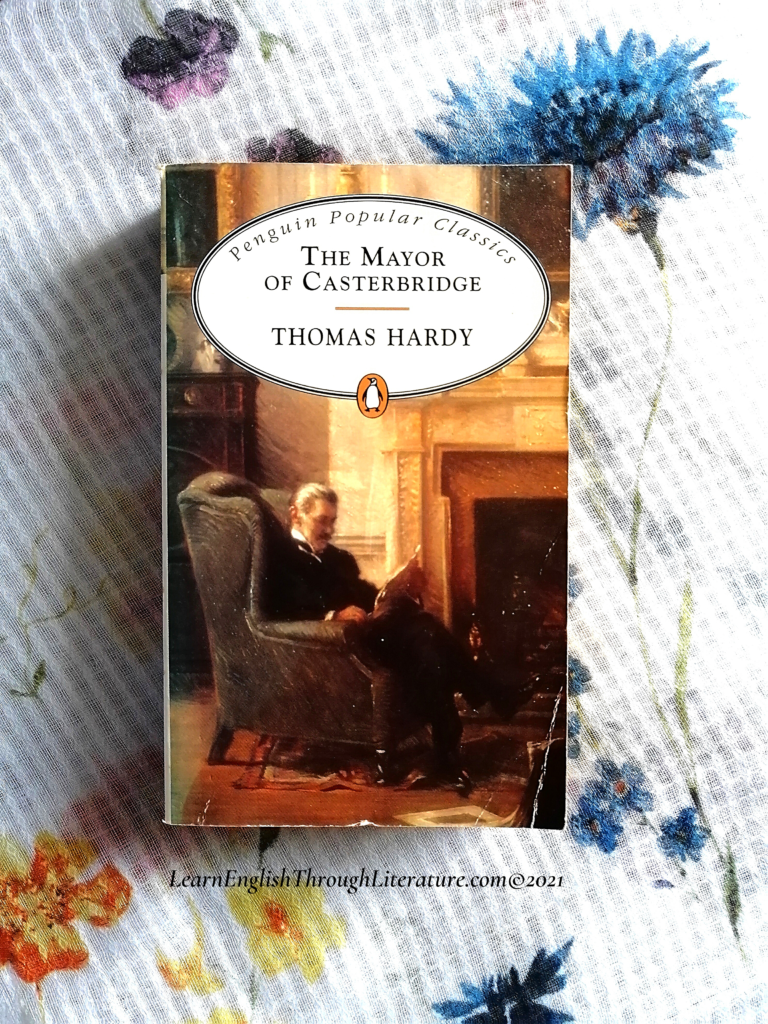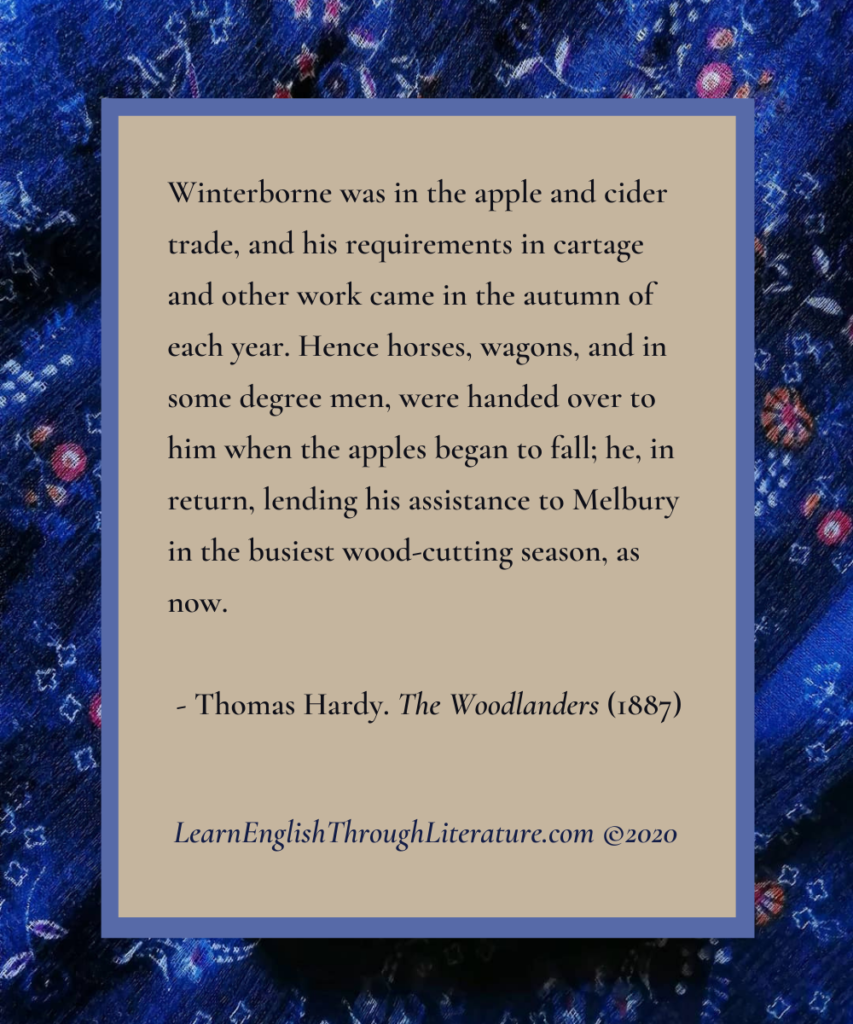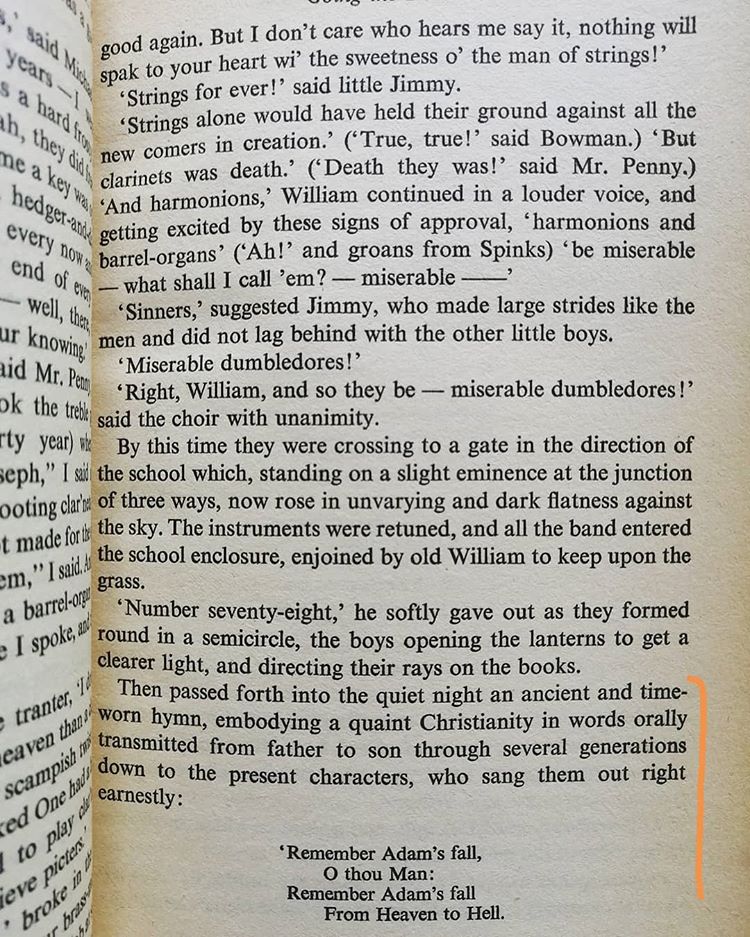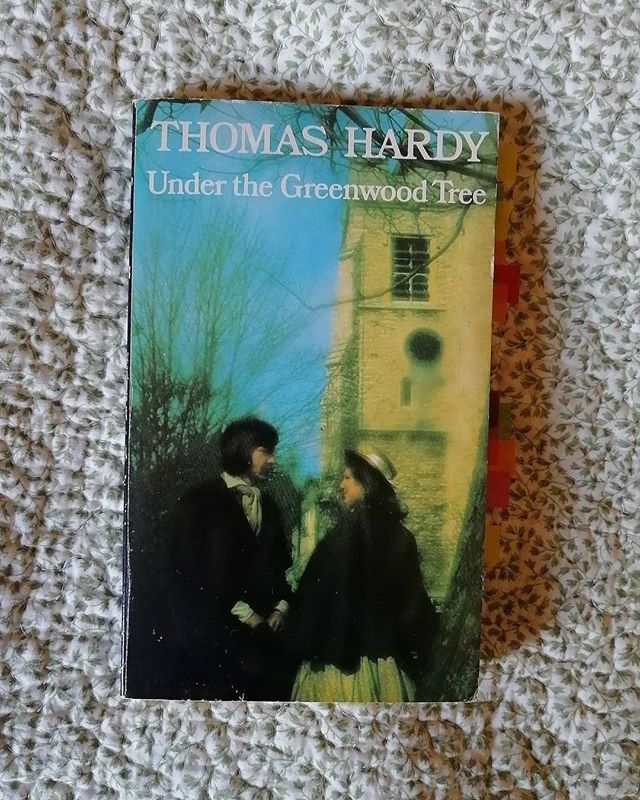Lesson #240 (Part 2): How to fix the most common punctuation mistake in English
📙 Grace’s disposition to make the best of everything, and to wink at deficiencies in Winterborne’s menage, was so uniform and persistent that he suspected her of seeing even more deficiencies than he was aware of … ‘… It reminds me so pleasantly that everything here in dear old Hintock is just as it used […]
Lesson #240 (Part 2): How to fix the most common punctuation mistake in English Read More »








